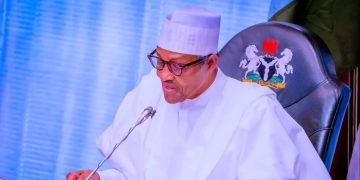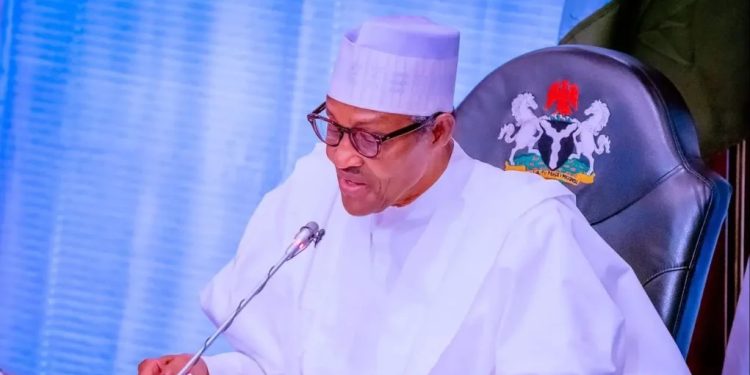By Enyichukwu Enemanna
The April nationwide population and housing census is estimated to gulp at least $1.88 billion (N869 billion), authorities announced on Monday.
This comes as the West African nation says the estimate looks “very huge”, a development that has left it with the option of seeking help from the population already reeling under the weight of multi-dimensional poverty, according to the World Bank.
The government needs support from the public both “in cash and kind”, to among other things purchase tablets for enumerators, internet and data connectivity as well as conduct training, Mr. Clement Agba, minister of state for budget and national planning said on Monday at an engagement with partners.
While the government has made provision for 46 percent of the budget for the exercise which has not taken place in the near past two decades over reasons bordering on change in administration, recession, and COVID-19, among others, the Minister said a deficit of N327.2 billion remains unresolved which will help in conducting an effective population and housing census.
“The total requirements for this census, including the post-census activities, is N869 billion, this is about 1.88 billion US dollars,” he said.
“When you hear the numbers, they really look very huge. Censuses all over the world, the average is between four to six dollars. However, in the United States, they spend $16 per person. In Botswana, they spend about $10 per person. So Nigeria’s $6 per person, you’ll agree with me, is very reasonable.
“So far, the government has spent 291.5 billion naira which is $632 million. This is about 46 percent of the requirement for the census. I know this time around we’re not just doing only the population census, we’re also doing a housing census.
“So the additional requirements for the critical items to ensure the census is done is 327.2 billion naira. This is about 709.9 million US dollars”, he added.
He said beyond insecurity and cultural issues, funding remains a major challenge for the exercise which he said is expected to be digital, green, and transformative.
Zainab Ahmed, minister of finance in her remarks stressed that the conduct of census has become imperative after almost two decades since the last one was held in 2006.
Ahmed said it would help the nation in its planning for development and provide accurate data for different sectors and also for investment.
“As you may be aware, this month, the month of March marks exactly 17 years since the last national census was conducted in Nigeria, in 2006,” she said.
The engagement had in attendance Ulla Mueller, UNFPA resident representative, Matthias Schmale who is United Nations resident and humanitarian coordinator among others.


































